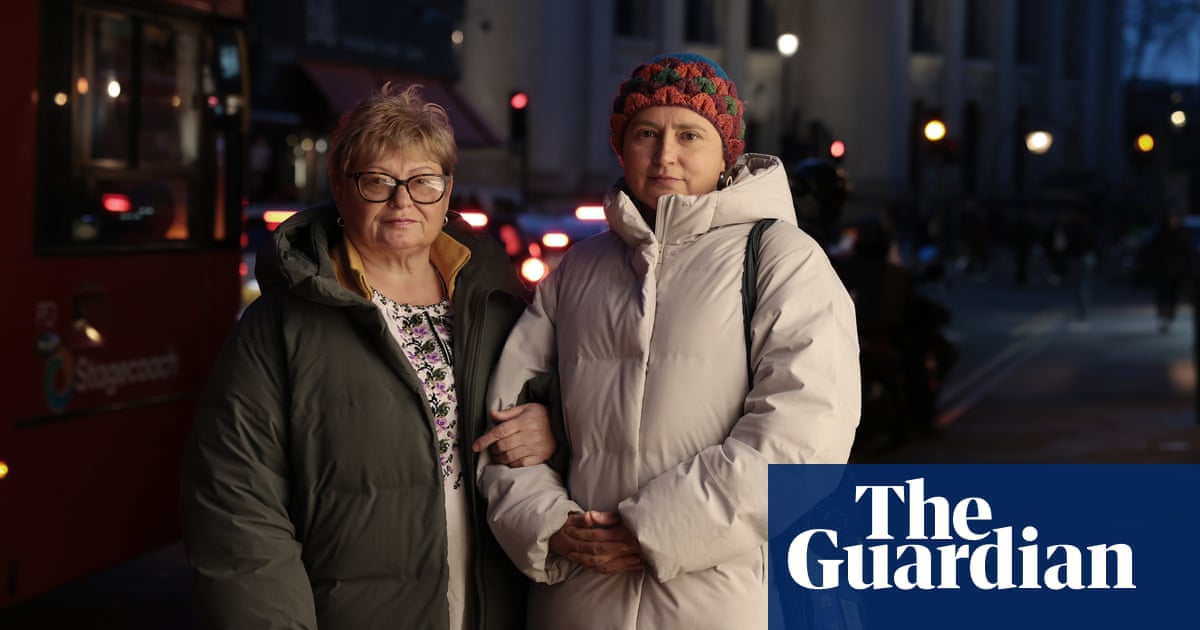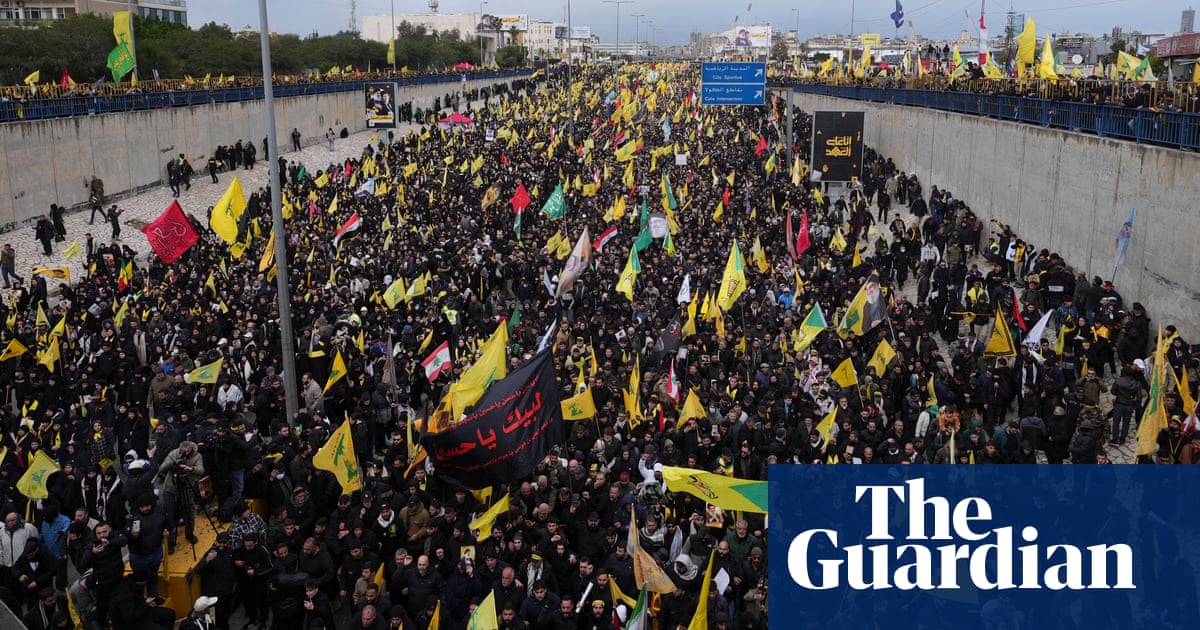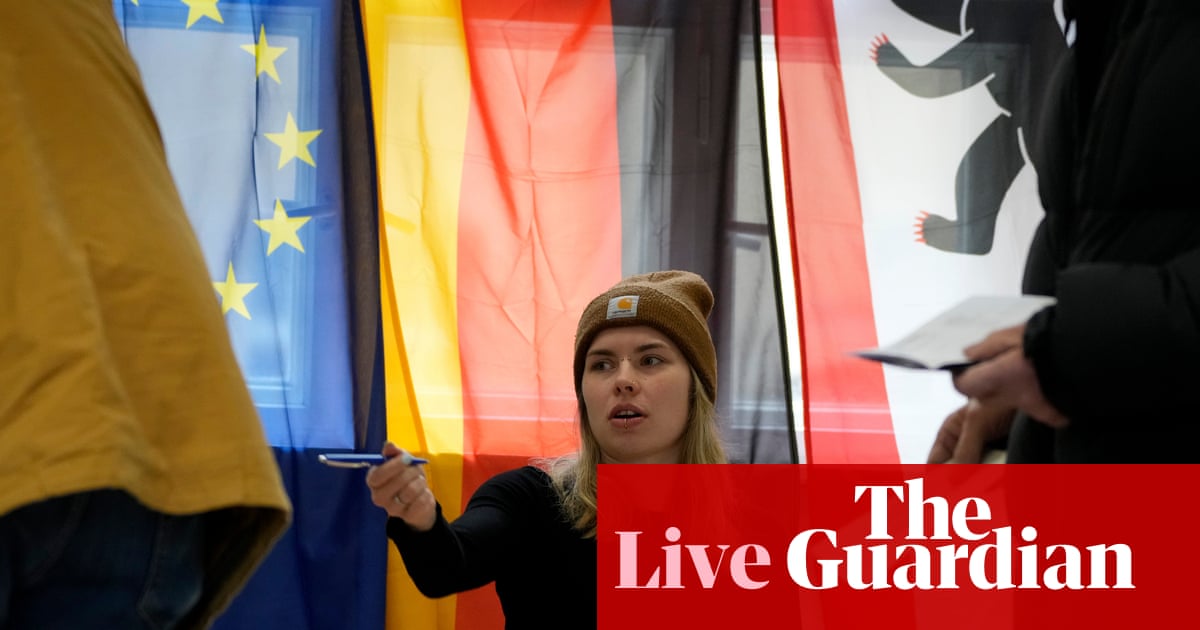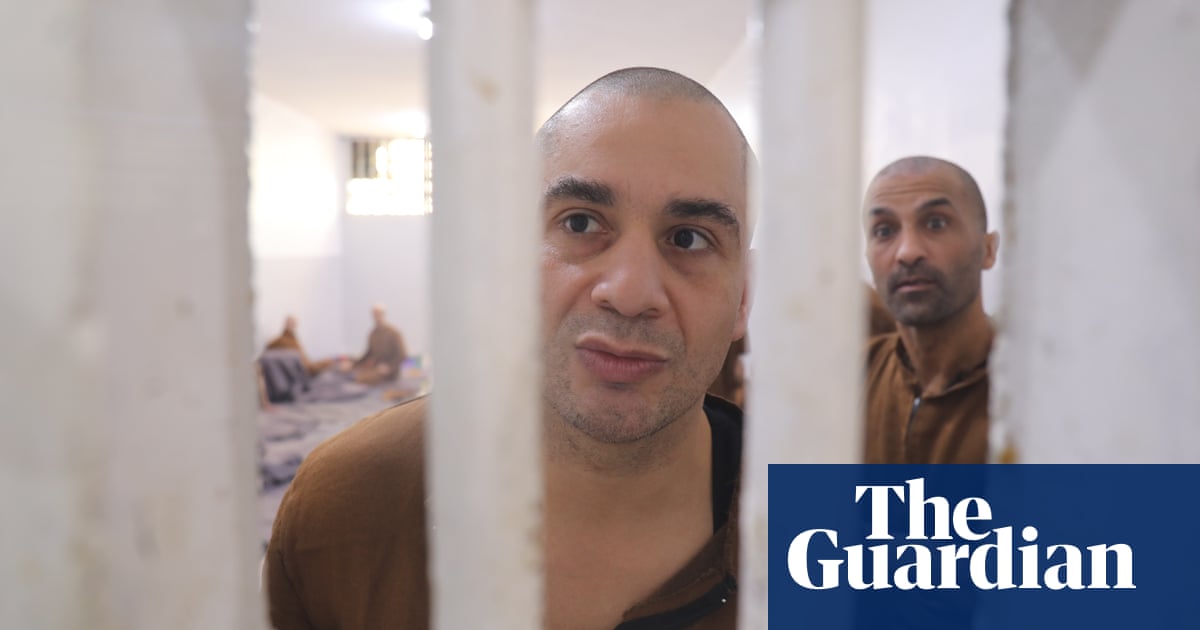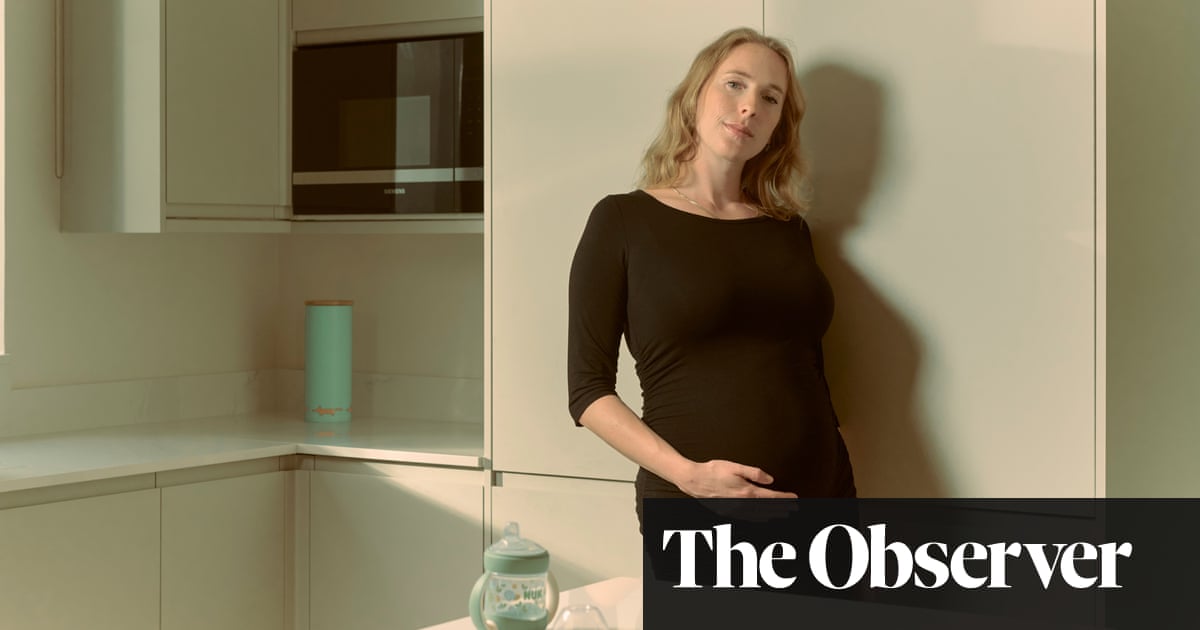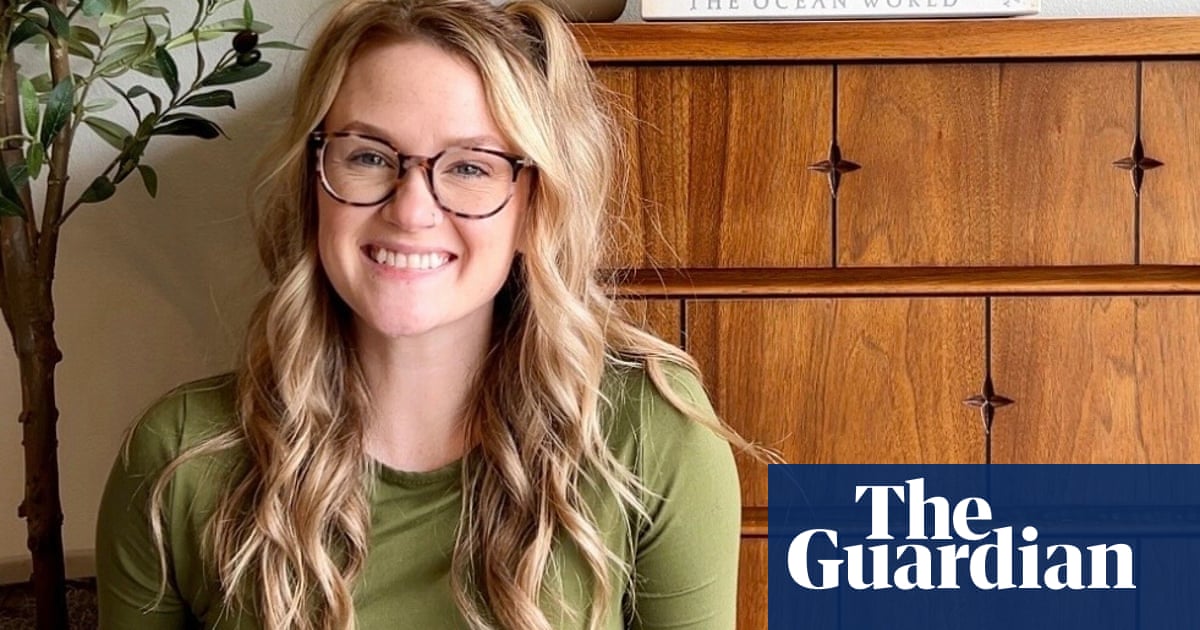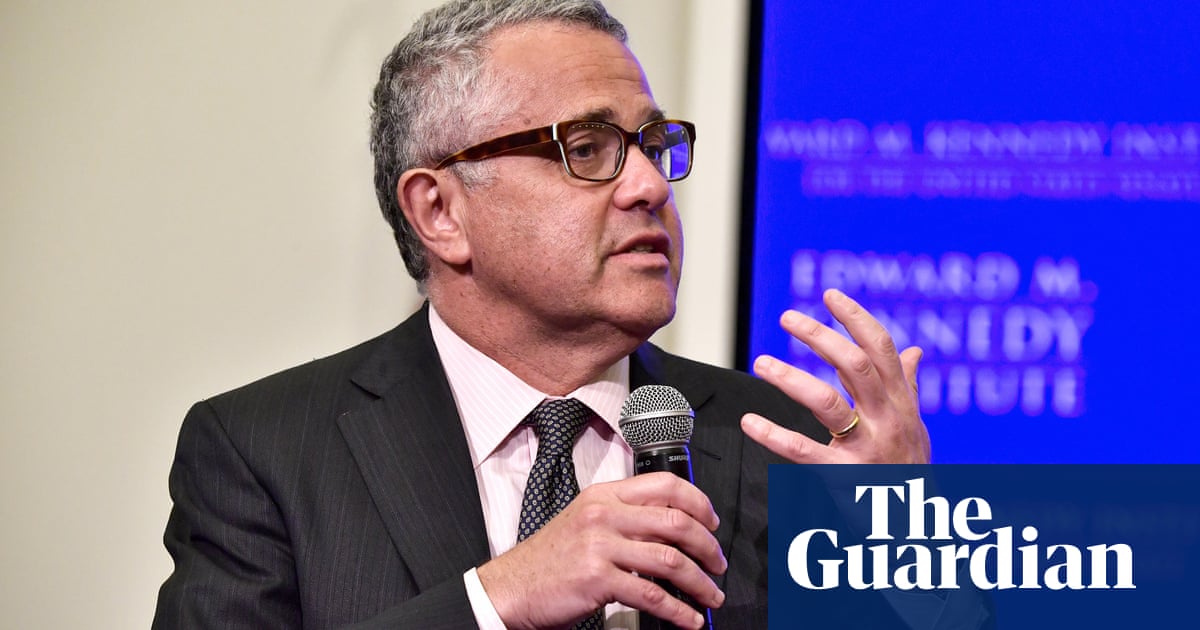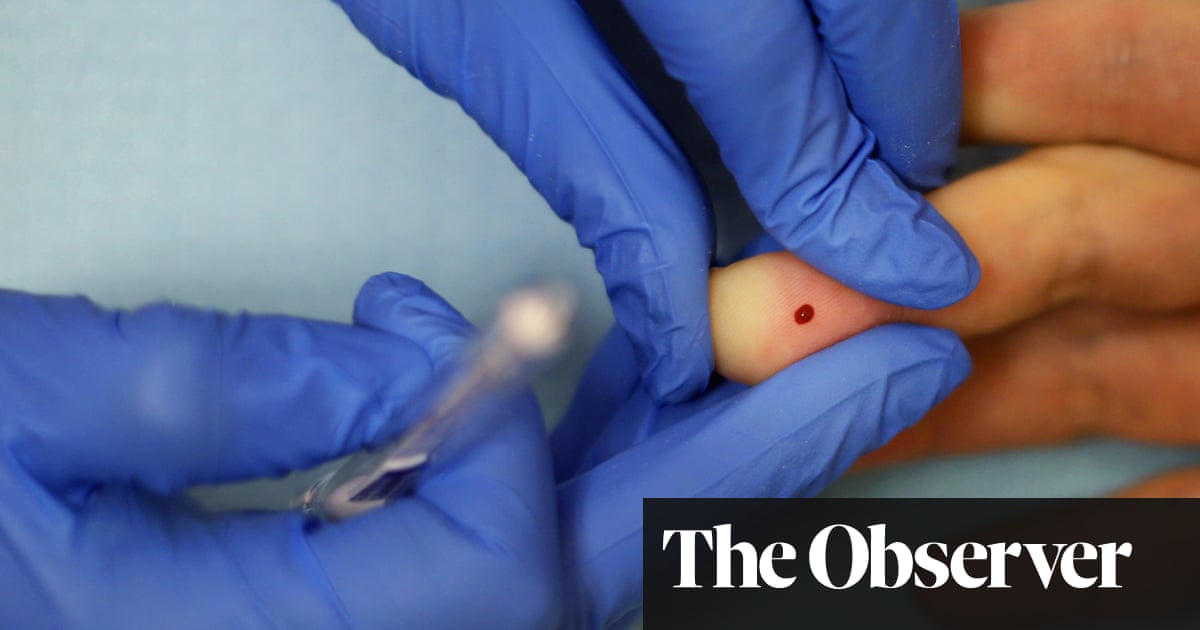One aphrodisiac fits all for the land girls in English National Opera’s The Elixir of Love. Money. Discovering that Nemorino, poor, dull and lampooned, is an heir, they throw themselves at him. Not the point of Donizetti’s 1832 romantic comedy, but a sharp insight into base human nature in a work that dices with cruelty. The elixir of the title is at once a trick peddled by a quack and true love itself, wherever it falls. In a new production by Harry Fehr, conducted by Teresa Riveiro Böhm – each making ENO debuts – Italian village life has been transposed to second world war England in 1943. To complicate the timeframe, all is presented, redundantly, as a 1970s sitcom complete with opening and closing titles.
Mostly it succeeds. The jokes should get funnier, the audience may laugh more, once performances settle. The harvesting scene of Act 1 and the near-miss wedding in Act 2 are thrust into a country house interior, faded grandeur well observed in Nicky Shaw’s sets. This stately pile, now a billet for the Women’s Land Army, belongs to aristocratic Adina, loved hopelessly by Nemorino and bumptiously by Belcore. Everyone is in uniform: from unflattering breeches and brogues for the land girls to dashing air force blue for their male admirers. Belcore swaggers menacingly in officer’s peaked cap and ribboned decorations. Nemorino alone is in civvies: tousle-haired, in Fair Isle V-neck and bags. How he escaped conscription is not fully explained: he lacks the pluck needed for conscientious objection.
Chorus and orchestra directed their best and most disciplined energies into Donizetti’s infectious score, some inconsistencies of tempo from the conductor momentarily causing slips of coordination. On first night, soloists sounded underpowered at the start, either because too much of the action took place upstage, or because no one realised that in this large space, more projection, and better articulation of the text (in Amanda Holden’s translation) were needed. Either way, as Nemorino, the New Zealand tenor Thomas Atkins showed the lyrical range of his voice only after the interval, but in good time for his turning-point aria, Una furtiva lagrima (A Furtive Tear). Here it dawns on him that Adina – the Welsh soprano Rhian Lois, bold-voiced and spirited – is in love with him, and not with the conceited Belcore (Dan D’Souza) after all.

The busy crowd on stage, and the absence of intimacy, has erased some of Donizetti’s light and shade. Class distinctions, too, are played down. The American bass-baritone Brandon Cedel was winningly unctuous as the elixir-touting Dulcamara. Segomotso Masego Shupinyaneng managed to make the small role of Giannetta grow larger. With a few tweaks and tighter humour, this show could have a long life at the Coliseum. Or anywhere else. On Thursday, after months of uncertainty, ENO launched its plans for “a transformative cultural programme with the city-region” of Manchester. We wait and hope.
At this month’s Ivors Classical Awards, 11 composers were honoured. Two – Roxanna Panufnik and Gavin Higgins – had world premieres last week, both for brass instruments. Panufnik’s Seven Heavens, based on Islam’s concept of the afterlife, was written to mark the ensemble Septura’s 10th anniversary. With little repertoire for three trumpets, three trombones and tuba, this septet has built up a significant catalogue of arrangements and new commissions. Panufnik’s seven-section work, giving each player solo prominence, is a bold addition.

Sparkling and visionary, it draws on the Arab maqams, or scales, and captures a range of instrumental colours and accents, now hymn-like, now swirling and ecstatic. Each player in the virtuosic Septura has a high-profile career on the concert platform. Some have a background in brass bands – so often built on family tradition and in effect providing a free music education. This was true of James Fountain, now principal trumpet at the London Symphony Orchestra, who started on the cornet aged three and, like his fellow Septura player Philip Cobb, played in Salvation Army bands alongside parents and siblings.
Also part of a brass-banding family, Gavin Higgins has written several works for the medium (including his award winning Concerto Grosso, premiered at the 2022 Proms). His Black Sun was commissioned by the crack trombone quartet Bone-Afide and premiered, fittingly, at Regent Hall, a Salvation Army church on London’s Oxford Street. This refuge from mammon holds free concerts, has a nice cafe and gives a platform to countless brass bands. Check it out. The starting point for Black Sun was Damien Hirst’s artwork made of thousands of dead flies, laid thickly to create a perfect black disc and here conveyed by menacing drones, slides and buzzes. More depictions of the sun by Turner, Monet, Olafur Eliasson, plus a mural in Higgins’s own neighbourhood, inspired the other movements, identified as yellow, orange and red, textures concentrated, anarchic, glowing and miraculously inventive.

Bone-Afide were joined by the Royal College of Music Trombone Choir and their prize-winning quartet, the Outsliders – imagine, 22 trombones on stage! – for the closing sections of Mussorgsky’s Pictures at an Exhibition. My inner trombonist, quashed long ago when it was clear embouchure and me were a bad match, was on cloud nine as well as seventh heaven.
Star ratings (out of five)
The Elixir of Love ★★★
Septura ★★★★
Bone-Afide ★★★★

 3 months ago
45
3 months ago
45

